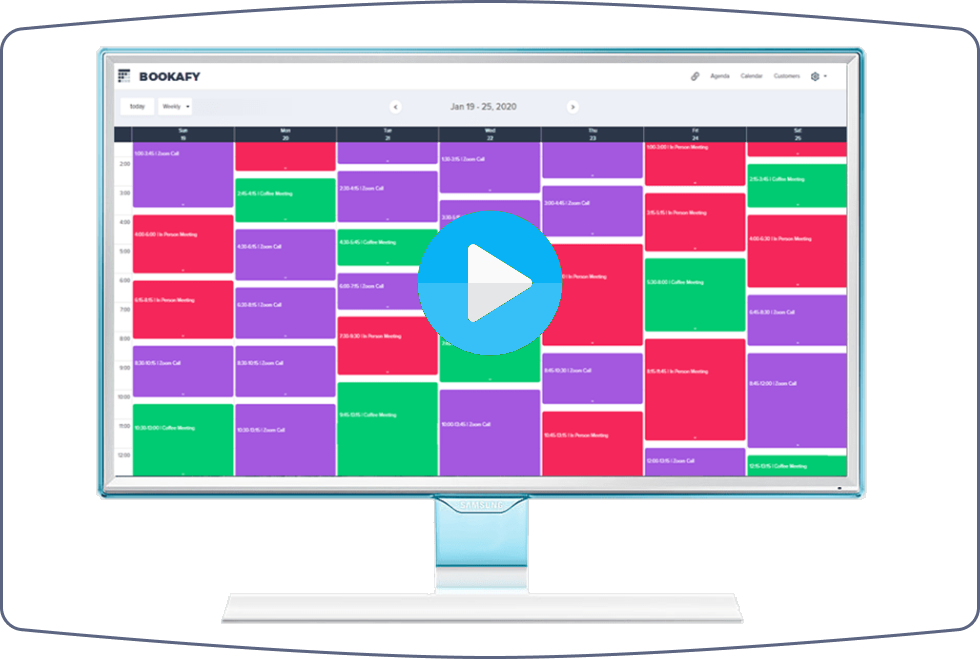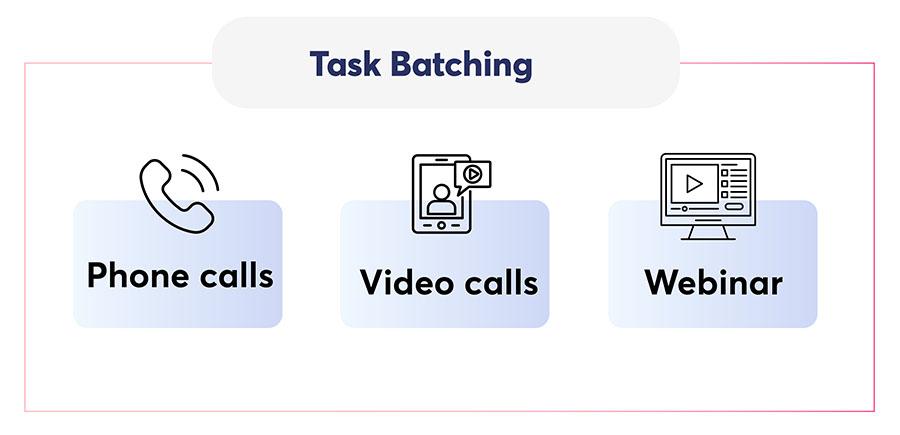
7 Essential Calendar Management Skills (Save hours of work every day!)
If you’re an executive, consultant, or business owner, you know that your task to time ratio is crucial. Below we will give you tips to manage your calendar like a pro, saving time and money!
Spots are limited. Book a call to see if you qualify.









